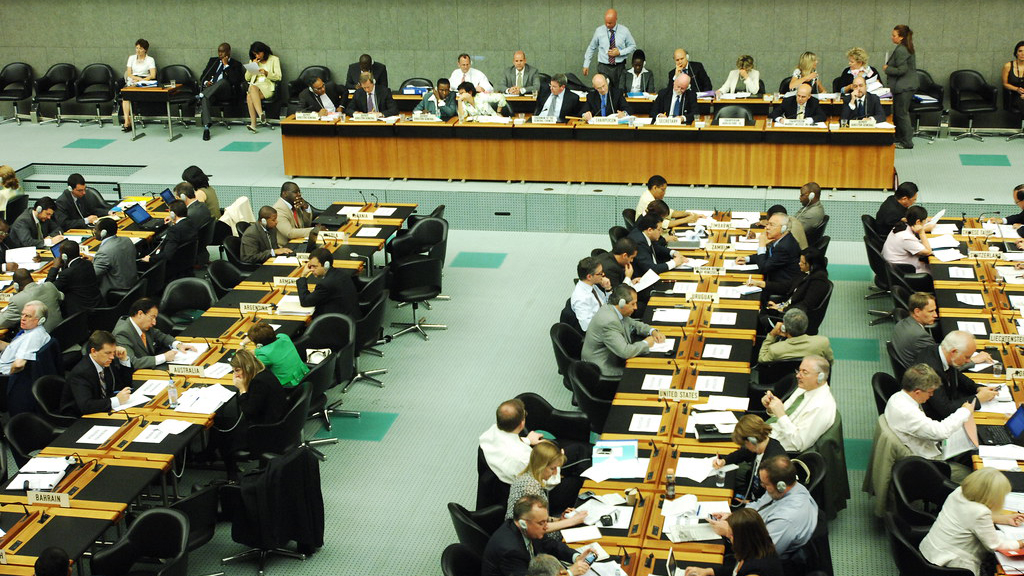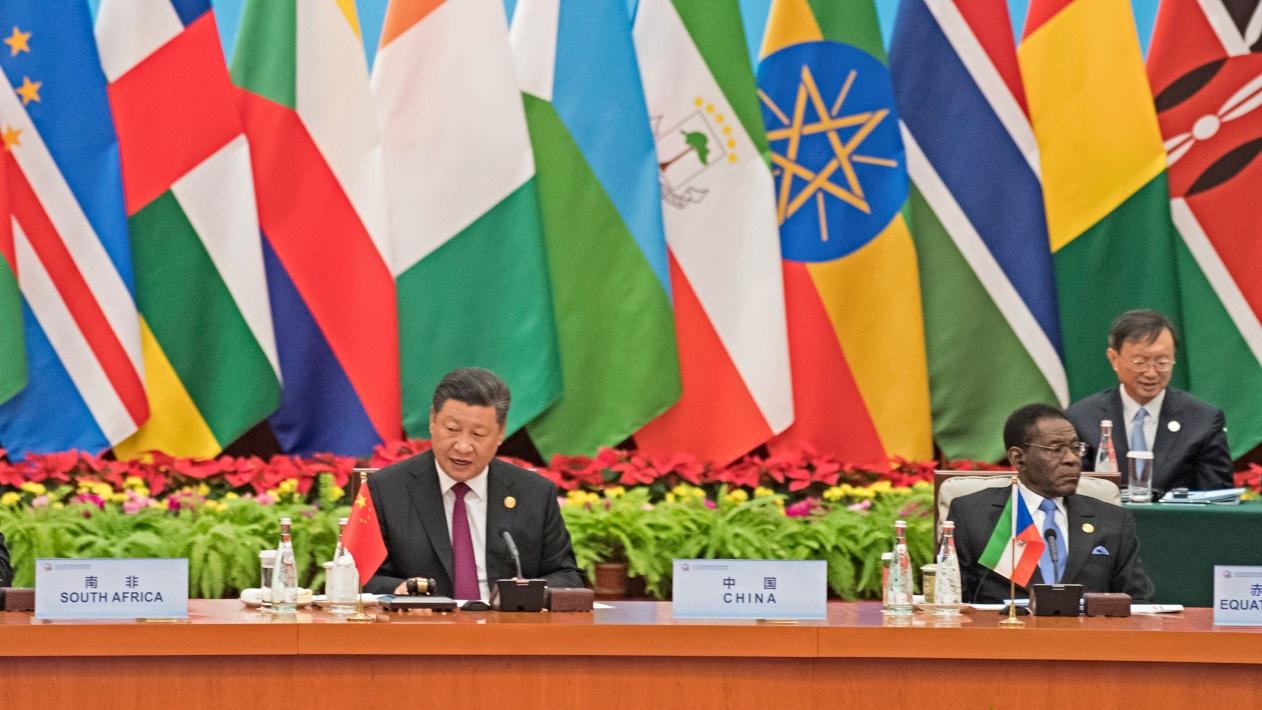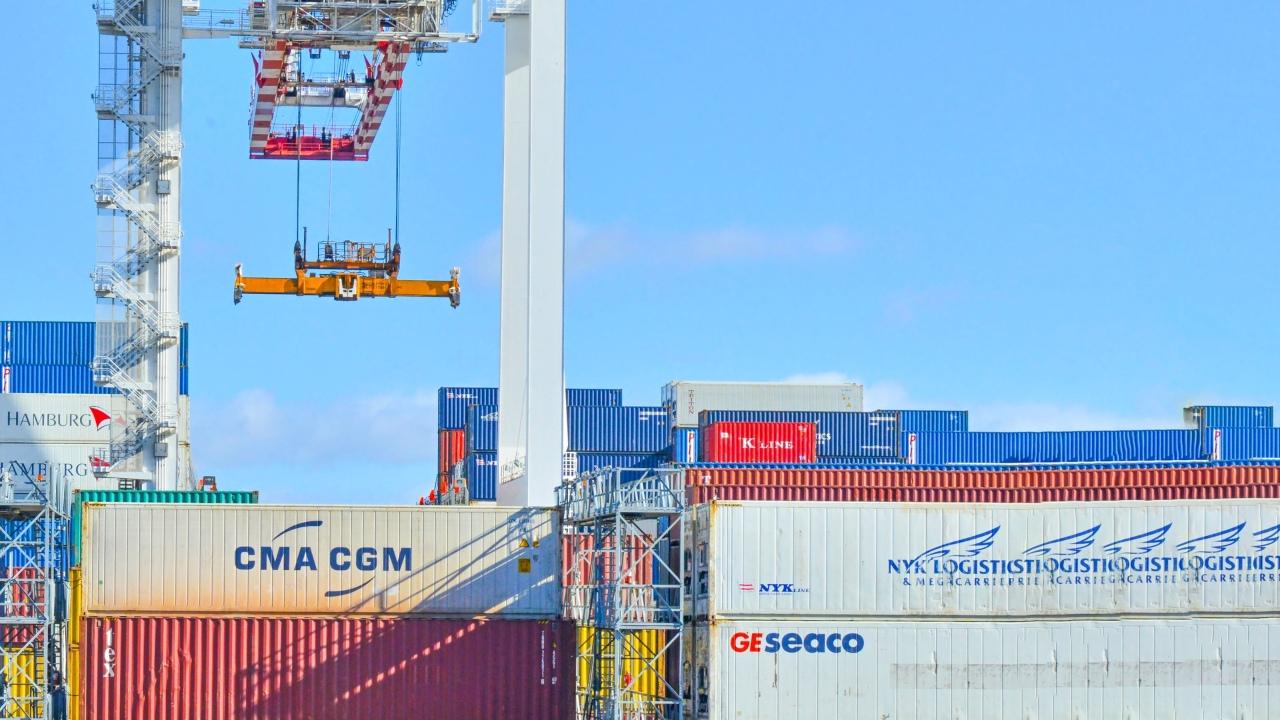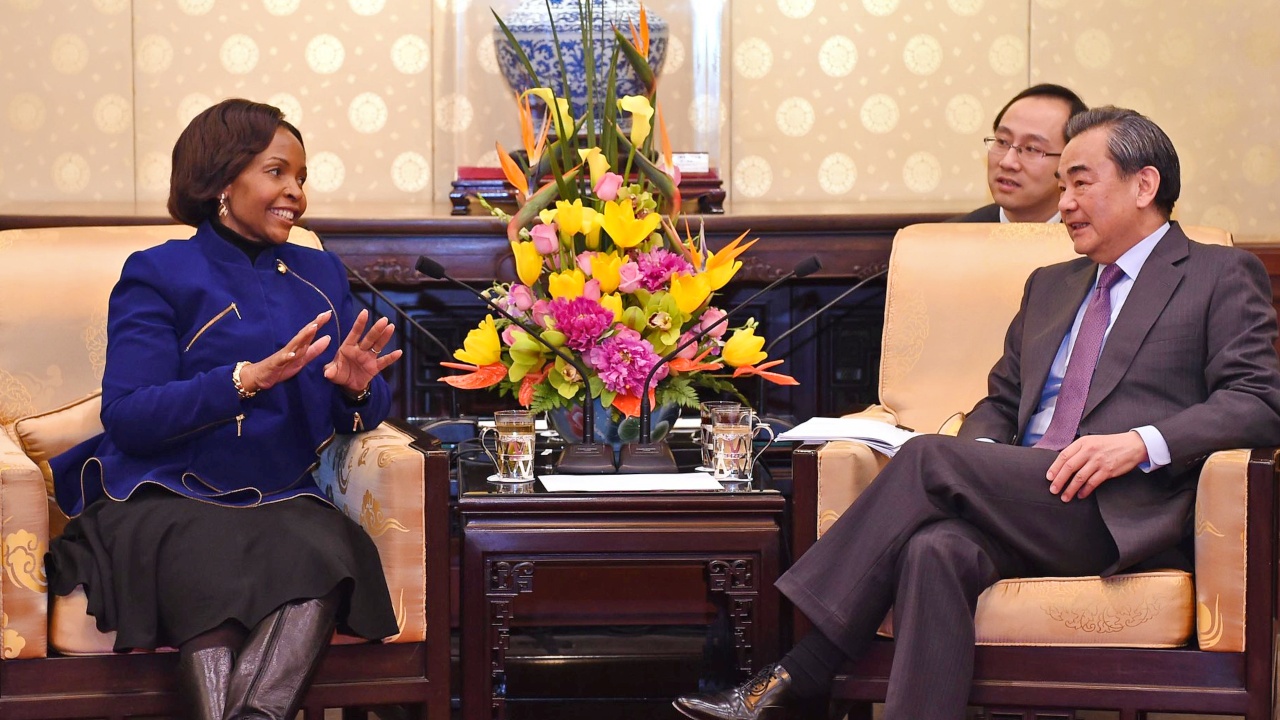Depleting resources and climate-induced drought in the Sahel are increasingly provoking confrontations between farmers and pastoralists. Oluwole Ojewale argues that multilateral institutions and national governments in the region should prioritise solutions that recalibrate security strategies to address climate stress more systematically.
The West African Sahel region is one of the most environmentally blighted regions in the world. Drought and an increasingly variable climate is decreasing agricultural yields, accelerating the loss of pasture land and reducing inland water bodies. With countries including Chad, Mauritania, Senegal, Mali, Niger and the northern fringes of Burkina Faso and Nigeria, the region’s climate-induced precariousness is exacerbated by poor socio-economic outcomes.
Decade-long droughts and desertification in the 1970s and 1980s informed the region’s reputation as “the hunger belt”. The last few decades have brought little respite. A composite of weak state capacity and regional responses to pastoral conflicts, combined with climate change and demographic pressure from a rising population, have made Sahelian West Africa a developmental concern for its people.
Pastoralism as business and a way of life
With an estimated population of around 20 million in West Africa, pastoralists raise livestock as an intrinsic socio-cultural practice as much as a primary economic activity. Their economic contribution to the region is relatively marginal; the livestock sector contributes around 1.7% to Nigeria’s national GDP and around 9% to the country’s agriculture sector. Across the Sahel, pastoralists contribute up to 15% of the region’s GDP.
Pastoralists are mainly composed of two groups: nomads, who have no fixed home and continuously migrate with their herds and families; and sedentary agro-pastoralists, who have fixed homesteads but seasonally move their herds for grazing. But transhumance farming practices, where livestock are moved seasonally between different pastures, while long a source of conflict between people using land, now threatens public safety and security across the Sahel. Multiple fatalities have been reported from conflicts between farmers and pastoralists in Ghana, Nigeria, Burkina Faso, Benin and Mali. And the conflict is not one-sided. The 2019 massacre of pastoralists in Mali is far from an isolated incident.
These developments raise pertinent questions about the sustainability of pastoralism in the Sahel – a complicated issue when transhumance livestock farming in West Africa is considered more profitable than sedentary ranching. So can states balance such socio-economic practice with public safety and security?
Climate change makes the bad even worse
Temperatures in the Sahel are reported to be rising 1.5 times faster than anywhere in the world. In a region where three-quarters of the citizenry depend on agriculture for their livelihoods, around 80% of farmlands, which constitute an essential resource for pastoralism and crop farming, are being degraded by climate change. Contestations over dwindling pasture resources, water and grazing routes are consequently a primary source of insecurity. The United Nations has warned of a heightened risk of famine in Burkina Faso, northeastern Nigeria, Mali and Niger.
As the effects of climate change across the Sahel are varied, so too are the intensities and dimensions of the region’s conflicts. For instance, in Lake Chad Basin countries, climate change is considered an enabler of armed conflict in an already volatile region beset by terrorism. Climate-induced drought, coupled with the shrinking of the lake without commensurate replenishment strategies, have left farmers, herders and fishing communities struggling for survival. Such hardship is said to have contributed to the recruitment of young people into Boko Haram. In frontier areas straddling Mali, Burkina Faso and Niger, there is an increasing policy and media discourse that soaring terrorist and jihadist violence is linked to climatic and environmental factors.
Sahelian countries’ national policies are increasingly considering climate change-related risks, ratifying Multilateral Agreements on the Environment (MEAs). These include the United Nations Framework Convention on Climate Change, the Kyoto Protocol, the Doha Amendment to the Kyoto Protocol and the Paris Agreement. These countries are also members of the Great Green Wall initiative, which stretches from Senegal in the West to Djibouti in the continent’s East. However, climate commitments are hampered by a lack of coordination and finance. Measures to promote resilience and adaptation are continually limited by resource availability, fragmentation between different initiatives and a chronic dependence on international development partners for funding. In February 2019, countries set a plan to invest $400 billion in combatting climate change in the Sahel by 2030. This is yet to be backed with concrete action. Addressing climate-induced stress in the region therefore requires a fresh approach.
Policy solutions
Regional stakeholders must collectively prioritise the issue of pastoralism and transhumance in the face of demographic pressure and climate change, looking at broader economic and security implications of policy choices and governments’ inaction. In the absence of an immediate alternative to pastoralism, the ECOWAS Protocol on transhumance, after more than two decades of operation, must be revised, shifting the Protocol’s focus from control to coordination. Conflict between pastoralists and farmers across the region has evolved and so should the approach.
Secondly, generations-long informal systems of conflict resolution that formerly managed conflicts between farmers and pastoralists fairly and efficiently could be revived. Reducing the involvement of these informal institutions in governance issues at the local level has allowed conflicts to fester into a crisis across the region.
Also essential is the need for states in the Sahel to extensively review existing legal frameworks around land tenure systems. These could be fairer and more inclusive. Given the deeply political nature of access to land, current policies across the Sahel addressing land governance can be zero-sum games, with pastoralists largely on the fringes as outsiders.
There is a broader consensus that climate change has emerged as a major nexus between conflicts and pastoralism in the Sahel. The region’s national governments must prioritise and approach this challenge by recalibrating their various security strategies to respond to climate stress more systematically. They must also increase partnerships with the private sector to mobilise resources for climate-smart agricultural investment for adaptation.
Finally, for a coordinated regional response, ECOWAS must bolster support for national governments. This should involve communication of timely climate information to vulnerable populations, sustained awareness programmes, adaptation and mitigation strategies and technology transfer to help combat the effects of environmental change. ECOWAS must also activate immediate monitoring mechanisms for its 2021 Regional Climate Strategy in West Africa, aimed at strengthening the region’s resilience to the impacts of climate change, through support for the implementation of the commitments made by its Member States under the Paris Agreement.
Photo: Tackling undernutrition in the Sahel. ©EC/ECHO/Anouk Delafortrie. Licensed under CC BY-NC-ND 2.0.





